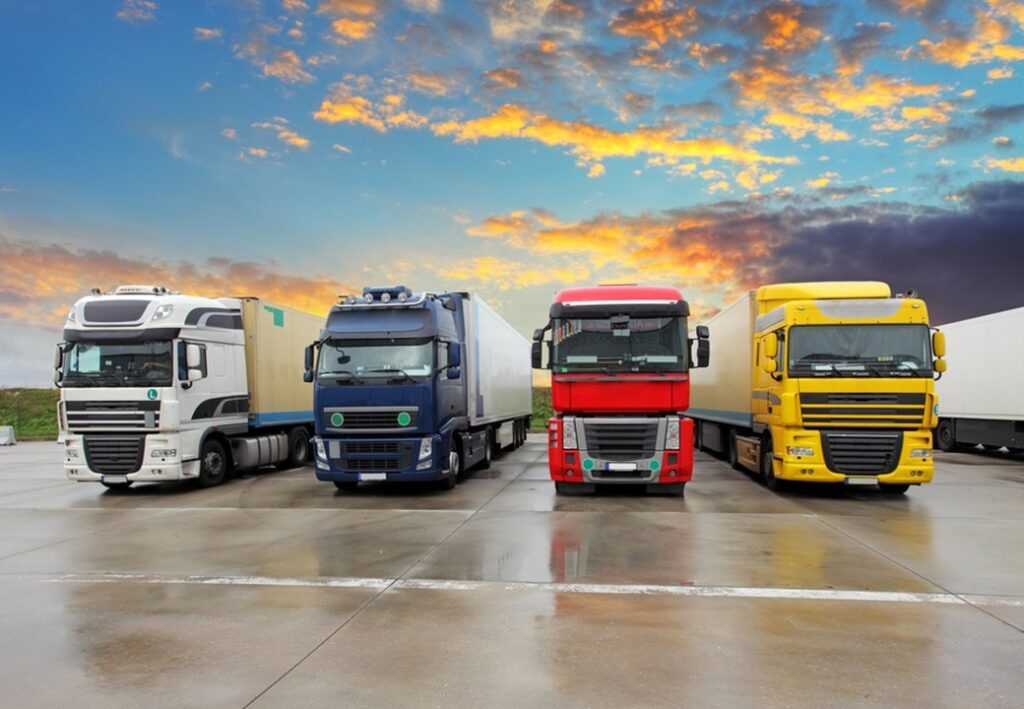
Truck drivers are the real heroes of the roads, who provide us with everything we need, from food to furniture and appliances. Their work requires not only excellent driving skills, but also endurance, responsibility and the ability to cope with difficulties on the road. There are several main types of truck driver professions https://globalfleetllc.com/types-of-truck-driving-jobs/, each of which has its own characteristics and requirements.
Long-distance cargo transportation
Long-distance trucking, or truckers, are drivers who spend a significant part of their time traveling, crossing states and even countries. Their work shifts can last several days or even weeks. The job of a trucker requires not only the ability to manage bulky vehicles, but also the ability to stay away from home for a long time, cope with loneliness and comply with strict delivery schedules.
One of the key tasks of a trucker is to ensure the safety of cargo and timely delivery. To do this, it is important not only to plan the route correctly, but also to take into account factors such as weather, road conditions and the working hours of the destinations. Long-distance drivers often have to spend the night in the cabins of their trucks or in motels, so the comfort and convenience of their vehicle plays an important role.

Regional cargo transportation
Drivers engaged in regional cargo transportation work within a certain region or several neighboring states. Their routes are shorter than those of truckers, which allows them to be at home more often. Regional drivers can deliver various types of goods, from food to construction materials.
Working in this segment requires a good knowledge of local roads and the specifics of the region. Drivers often have to maneuver in urban environments, which requires excellent driving skills and the ability to cope with heavy traffic. The work schedule can be different: from daily flights to multi-day trips.
Local cargo transportation
Local freight transportation covers short distances within the city or its surroundings. Drivers working on such routes operate daily flights and return home every evening. This is an ideal job for those who want to combine a driver’s career with family life.
The tasks of local drivers include delivering goods to shops, restaurants, offices and private homes. The job requires quick orientation in urban environments, the ability to park in a confined space and interaction with customers. Often such drivers work on small trucks or vans.

Specialized cargo transportation
There are also specialized cargo transportation services that require special skills and knowledge. This can be the transportation of dangerous goods, for example, chemicals or fuels, bulky and oversized cargo, such as construction equipment or infrastructure elements. Special licenses and permits are required for such transportation.
Drivers engaged in specialized transportation should be prepared for strict monitoring of compliance with safety rules and regulations. For example, the transportation of dangerous goods requires not only careful route planning, but also the availability of special equipment and protective equipment. Drivers of such trucks must undergo regular training and certification.
Type of employment and other roles
Depending on the type of cargo transportation and the needs of the company, drivers can work on a permanent basis or be hired employees. Some drivers prefer to work for themselves by renting or purchasing their own truck. This allows them to choose their own orders and plan their work schedule.
In addition to the main role of the driver, there are other important roles in the trucking industry. For example, dispatchers who coordinate the work of drivers and monitor the fulfillment of delivery schedules. Mechanics who provide maintenance and repair of trucks and logisticians who plan routes and optimize transportation are also important.
The profession of a truck driver is multifaceted and diverse. Each type of transportation requires its own skills and abilities, but they are all united by a common goal – to ensure uninterrupted delivery of goods and meet the needs of customers.

